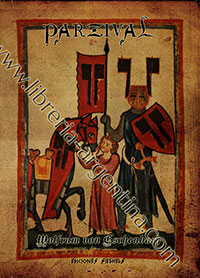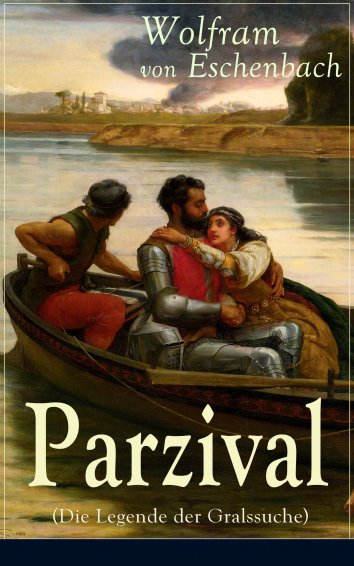

To explain this, we need to take a further look at his childhood. Bumke explains this in the lack of a courtly education and infantile innocence. The wisdom he is lacking of in the beginning is divided in two: first of all, he has no idea at all about chivalry secondly, he only has a very superficial knowledge about religion (Sacker 1963, p. A moderate dose of this foolishness would be normal for young, inexperienced boys, but Parzival shows exceptional tumpheit. This means having no understanding, being a fool and stupid and being naïve (Lexer Online-Wörterbuch). His youth is, a lot of scholars are agreeing on this, characterised by tumpheit. Herzeloydeīook III is all about Parzival’s youth and a big part of his education. Another important step in my opinion will be a short characterisation of each ‘teacher’ he had, so we can better understand why they educated him in the way they did. I will start by elucidating the different forms of education he got and then analysing them, in order to explain why Parzival acted the way he did. The first step to do so will be by tracing back Parzival’s different forms of education he got, starting by his mother Herzeloyde when he was still a little child to Gurnemanz, lord of the castle in Grâharz, a little afterwards and finally by Trevrizent, a hermit and important character regarding the grail family. But the essential question after reading a plot summary like this is: Why did he fail the first time when searching for the holy grail? What did or did he not do? Why did or did he not do this thing? The answers to these questions will be covered in the following work. By reading this, you learn more about the characters in ‘Parzival’ and maybe understand more easily why everything happened the way it did. What most people do not know, is that his story is close connected to another Middle High German romance by Wolfram von Eschenbach called ‘Titurel’.

When people try to sum up its plot, they commonly say something like this: the hero of the story is Parzival, an Arthurian knight, who is on his quest for the holy grail after failing the first time he had the chance to. ‘Parzival’ by Wolfram von Eschenbach is probably the most popular medieval work in the German history of literature. These are the opening lines, and also very important ones for this essay, of a medieval classic. Bibliography Parzival’s education and its consequencesĭes himels und der hellle. Parzival’s education and its consequencesĦ.


 0 kommentar(er)
0 kommentar(er)
